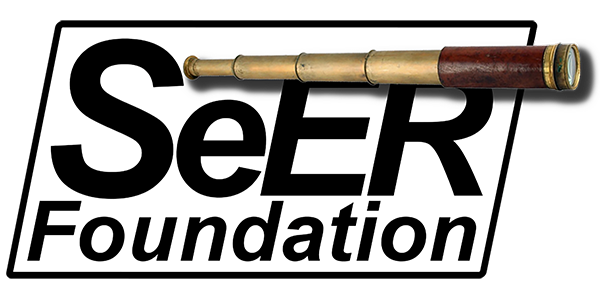
Science Education Research Foundation
 |
Science Education Research Foundation |
Archived vignettes
 |
October, 2022 - Socio-scientific Topics Effective science teaching and learning differs markedly with the type of science. Some science topics are called socio-scientific topics because they have particular relevance in day-to-day life and are discussed in all manner of social settings. As a science, climate change includes an understanding that human activities affect changes in Earth’s atmosphere that last for decades. However, social discussions related to climate change science often engage personal choices on energy usage, transportation, and even clothing selections. These discussions tend to focus on the local rather than the global, and the present rather than the past or future. Climate change science is connected across time and space. Skilled educators connect the personal with the global and historical to articulate a more complete and accurate science picture. For learners, this connection helps them resolve the question, “So, why is it important for me to learn this stuff?” Learners are then able to see connections between a science and solutions that may benefit them, their families, and their communities. Learners who imagine themselves designing science-based, societally-informed solutions, are a powerful force. |
 |
September, 2022 - Science Practices We change our minds all the time about all sorts of things. When it comes to thinking about science, what does it take for someone to change their mind? The answer is, “It depends.” It depends on the learner’s abilities, experiences, openness to change, and other factors. At SeER, we believe that every learner has a unique blend of these characteristics. The extent to which an educator understands a particular learner relates directly to the success of the learning process. Sometimes, a learner’s science conceptualizations are based on insufficient information. A learner’s simple awareness that they don’t have enough information is a critical skill. However this needs to be paired with willingness to learn more. Teachers who advocate authenticity in science education might utilize, for example, classroom argumentation. Not to be confused with arguing, argumentation is something science professionals do every day to help them learn. With young learners, it can either help them change their own minds or give them more robust support for their original thinking. Argumentation encourages learners’ comfort with not knowing as well as openness to share ideas and evidence. This leads to more scientific thinking about science problems. |
 |
August, 2022 - Younger Learners Frequently, educational research is developed or used only with older learners (e.g. high school, college, adults) than is necessary. Sometimes, this is done from a developmental standpoint even though younger learners generally possess the necessary skills to excel with the materials. Other times, educational methods are not tried with younger audiences for want of sufficiently large groups of participants. At SeER, we believe that methods exist which have been used successfully with high-school-aged learners that should be tried with those of middle-school-age. A growing body of evidence shows that teaching to younger audiences is more beneficial than waiting to engage them at later ages. Younger learners often have purer intellectual motivations and fewer social distractors that older learners experience in high school and beyond. |